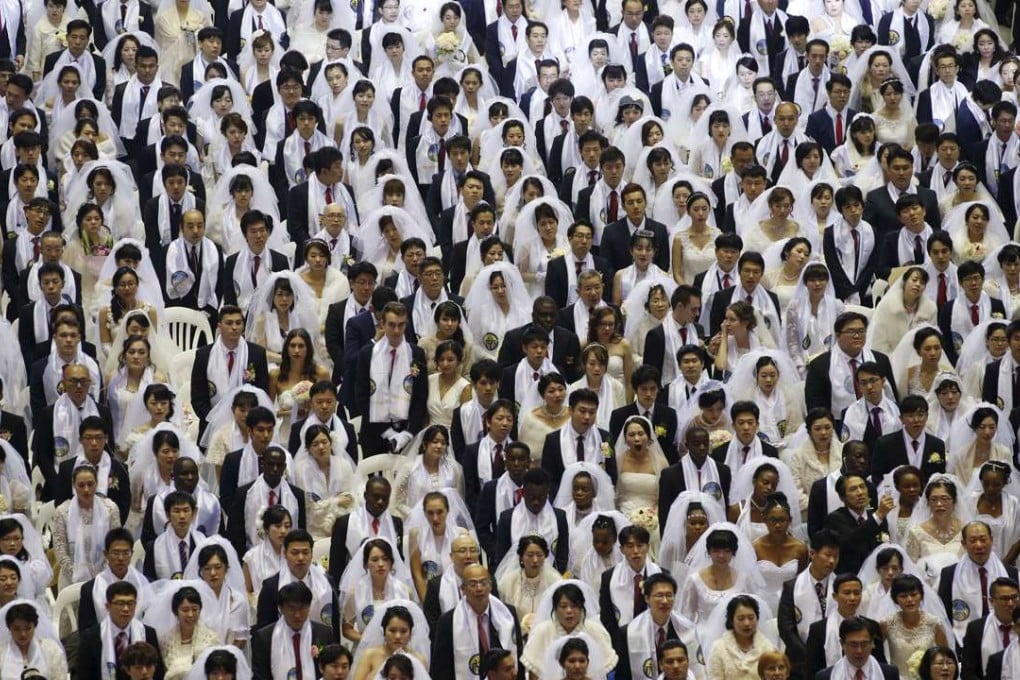Rising divorce rate only underscores the value of a good marriage
Amy Wu says her recent divorce has taught her the folly of rushing into a partnership without taking the time to first build a solid foundation, or treating the institution with the respect it’s due

I got married in May 2014. It was a quiet, private affair. We were part of a lengthy queue of couples waiting to say “I do” at city hall.
In less than 40 minutes, we were officially husband and wife. There was no symbolic rainbow or fireworks, but by making it legal, everything had changed. The first words out of my husband’s mouth were, “Now you’re an old married lady.” He had been married before.
I felt liberated. Sadly, but practically, I’d checked off what was the Mount Everest of accomplishments for women universally – I had got hitched, I was taken. I could exhale.
Three months later, when we held a ceremony with an officiant and 10 banquet tables of guests, I took the vows literally. No one enters a marriage wanting it to fail.
In the next 18 months, what I came to understand was marriage can, sadly, remain a piece of paper if it is rushed into. I kicked myself for not asking the essential questions: why marriage? And, why this partner?
Tracey Emin in Hong Kong: exclusive preview reveals why she married a stone
